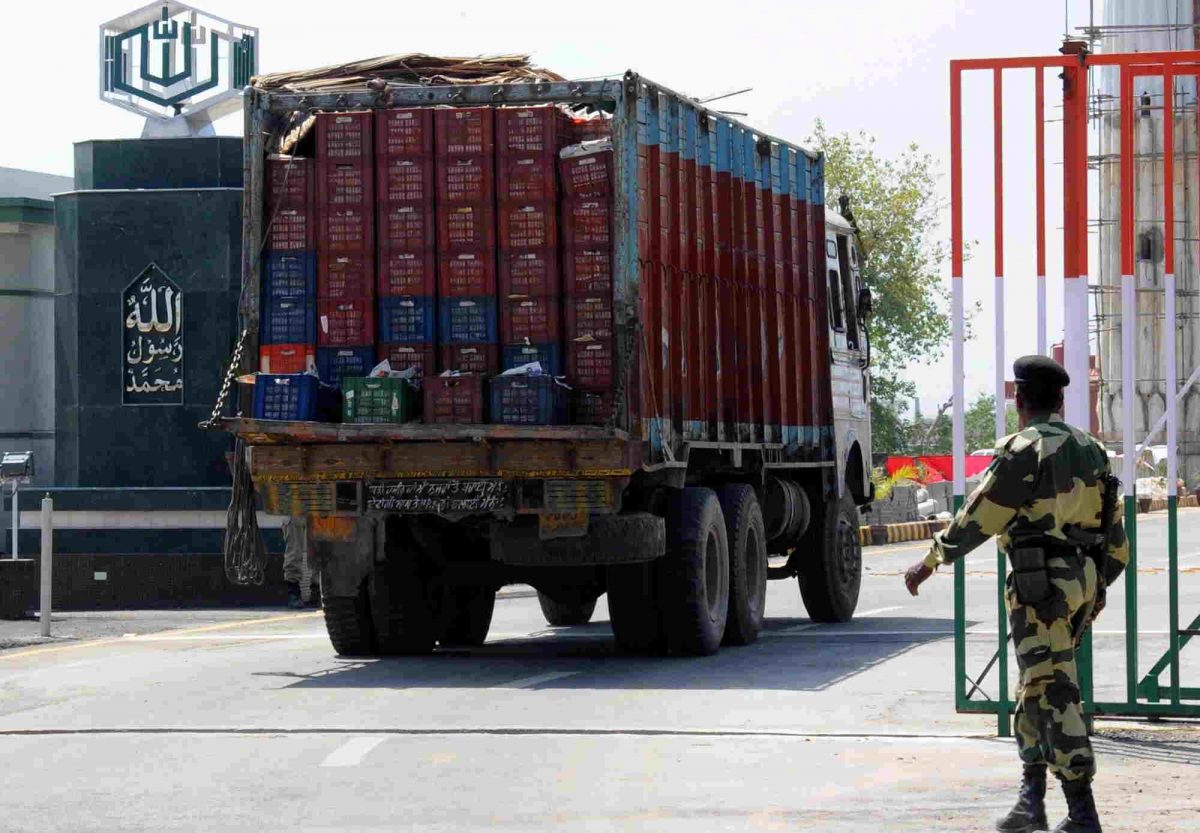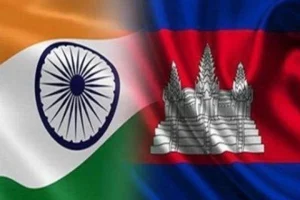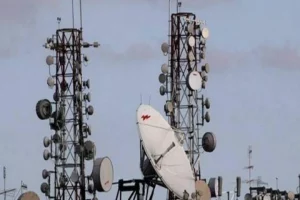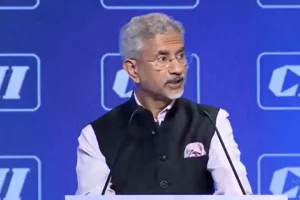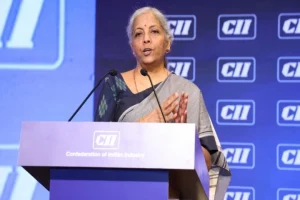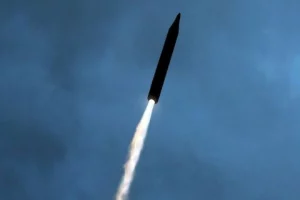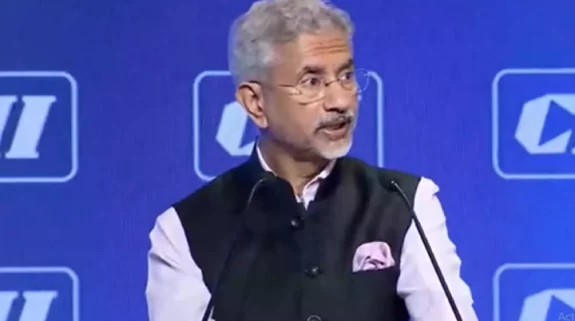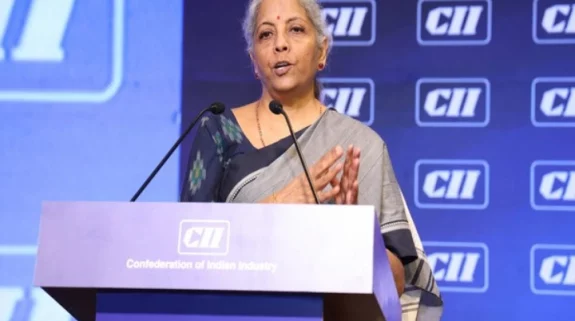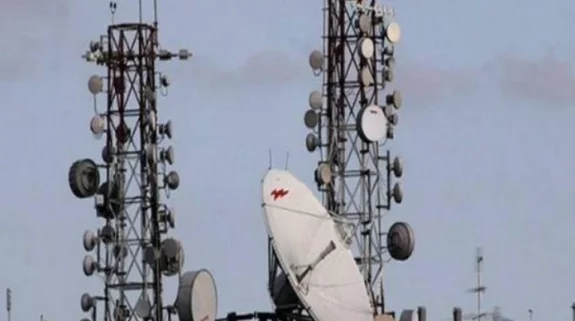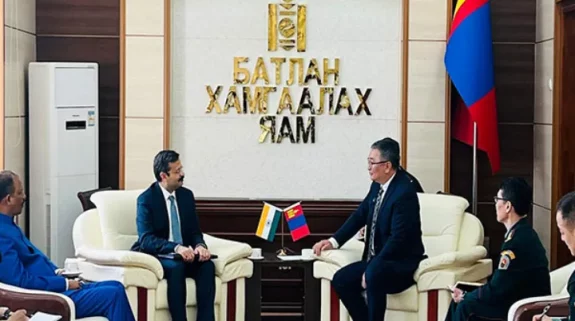Pakistan’s Prime Minister Imran Khan, a flag barrier of the crusade against India on Kashmir, has surprisingly announced his willingness to open his country’s corridor for Indian exports to Central Asia.
Khan’s dilation of focus from his ultra-hardline on Kashmir, especially after India abolished the state’s special status nearly two years ago, is not entirely jaw dropping.
Khan’s offer follows Islamabad’s decision to revive a ceasefire agreement on the Line of Control (LoC), the interim border with India. New Delhi has readily endorsed that overture from Pakistan.
Analysts say that Pakistan’s decision to revive the dormant 2003 ceasefire agreement means that after years of bloodletting, the guns would once again fall silent across the LoC. This is highly significant. Apart from its obvious humanitarian connotation of sparing people on either side of the line from devastating violence, the move has a deeper connotation. When analysed to the bone, the deal essentially means that Pakistan may have paused, if not dropped, the idea of infiltrating terror outfits into Kashmir, under the cover of heavy artillery fire from the Pakistani side of the LoC.
Pakistan’s move to curb terror infiltration, in case it materialises, would be a major advance on the peace track. It would greatly help open the door for meaningful next step negotiations between the two estranged neighbours.
Khan’s offer of opening Central Asia should therefore be seen as a sequel to the revival of the ceasefire deal.
Though mutual trust between the two countries is at its nadir, it is nevertheless important to recognise the importance of Imran Khan’s offer.
First, with the opening of gates to Central Asia, India can leverage Pakistan’s unique geography, and send vehicles laden with highly prized goods into Pakistan, Afghanistan and rest of the Eurasian landlocked region.
Despite its sullied history with Pakistan, India can examine the Pakistani offer with greater confidence, having already worked out a plan-b. In case Pakistan does not play ball, India has already secured the Chabahar route via Iran into Afghanistan and Central Asia. Amid much virtual fanfare, India, Iran and all major Central Asian Republics, as well as Caucasian icons such as Armenia had recently signed on to the Chabahar route.
Ideally, India would like to use both accesses to Central Asia–via Pakistan as well as Iran. But in case exigencies of realpolitik persuade Islamabad to impede trade flows along the corridor running through its territory, India would always have the Chabahar route as fallback. In fact, it can be argued that till trust is irreversibly and verifiably improved with Pakistan, the Chabahar route would serve as India’s plan-A, and the Pakistan corridor would serve as fallback.
Second, Pakistan will make impressive economic gains if it opens the Central Asian route. Cash strapped Pakistan, whose economy is on life-support, will find money flowing out of Indian coffers as trade transit fee more than handy.
Pakistan could secure more lucrative gains besides transit treasure. For long, the Americans have been backing the Turkmenistan Afghanistan Pakistan India (TAPI) gas pipeline. Turbulence in Afghanistan and Pakistan, however, have discouraged big boys of the energy business from investing in the project. But in case heavy violence both in Pakistan and Islamabad is dialed down perceptibly, the peace dividend can once again turn Central Asia-AfPak zone into a giant corridor for channeling gas flows from Central Asia into the ever-hungry Indian energy market.
A real Pakistan accommodation on Kashmir following the LoC deal can benefit Pakistan in two other ways. With India as an emerging partner, Pakistan’s excessive dependence on China, resented by several nationalists in the Pakistani elite, can be rebalanced.
If Pakistan wants, further progress on Kashmir following the post-LoC ceasefire deal can open interesting prospects of an engaging dialogue with India.
Also Read: With India’s help Iran’s Chabahar port grows big to counter Gwadar backed by China and Pakistan






